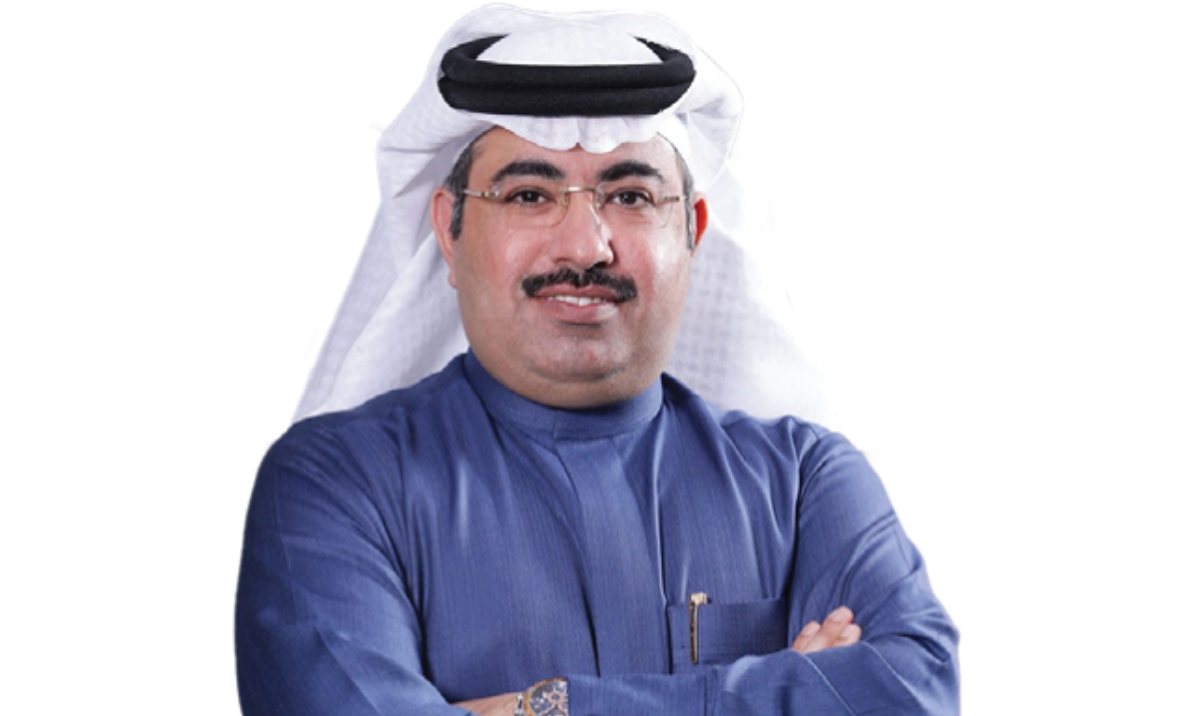Fragrance World, a leader in the fragrance industry, has revealed the newest perfume trends emerging in the GCC region.
The region has experienced a surge in the fusion of French and oriental perfumery, influenced by the cross-cultural exposure of its diverse population. While French perfumes are characterized by fresh, citrus, and fruity notes, oriental fragrances are renowned for their depth, opulence and sensuality. Fusion perfumery, also known as French oriental perfumery, blends elements of both to create intriguing and complex fragrances.
Fragrance World’s latest creation Al-Qamar presents an alluring fusion of spices like clove and saffron, entwined with the delightful essence of vanilla and caramel. Enhanced with the latest ingredient from Givaudan, Akigalawood, it offers a genuinely distinctive olfactory experience.
Furthermore, Fragrance World has delved into minimalism with its luxury brand Maison Des Parfums. A prime example is the product Maison D’ Arabie — Musk Gold, utilizing only two ingredients — rose and vanilla at the top, complemented by musk and amber for an oriental touch, achieving a subtle floral scent with perfect balance.
Crafting the desired blend with limited ingredients poses a significant challenge. Fragrance World ensures harmonization between ingredients from both worlds, maintaining quality without disruption. Driven by a passion for excellence, Fragrance World persistently engages in research and development to explore new raw materials and innovate fragrances.
Fragrance World has also embarked on the trend of functional fragrances, aiming to influence emotions, mood and cognitive state scientifically by blending scent with active ingredients. This trend has gained momentum post-COVID and Fragrance World is actively testing functional fragrances with suppliers, anticipating the release of new products soon.
Another popular trend in the region is fragrance layering, where various perfumed materials are combined for longer-lasting scents. This sophisticated practice, widely adopted by consumers, is gaining global recognition for its ability to offer enhanced fragrance experiences across different product categories.
“Our exploration of perfume trends in the GCC, including fusion perfumery, functional fragrances and fragrance layering, has led to the development of innovative blends, exemplified by Al-Qamar under the esteemed brand French Avenue,” said Poland Moosa Haji, the visionary founder of Fragrance World. “We aim to offer fragrances that resonate with the diverse tastes of consumers while maintaining the highest standards of quality and innovation,” added Haji.
To solidify its position as a premier fragrance brand in the Middle East, Fragrance World has expanded into Saudi Arabia. As Fragrance World continues its journey of growth and innovation, the brand remains committed to delivering premium fragrances that captivate and inspire. With a focus on creativity, quality and accessibility, Fragrance World strives to be the ultimate destination for fragrance enthusiasts in the GCC and beyond.


















